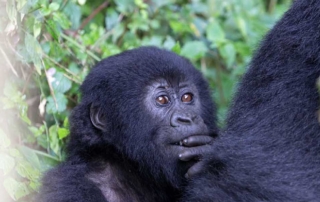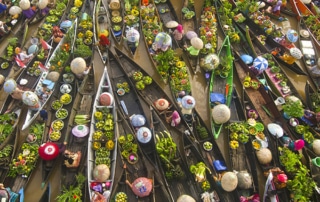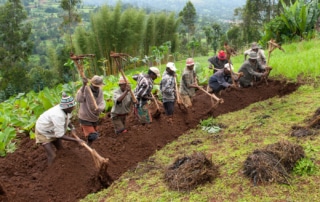An Interview with Miriam Supuma
Miriam Supuma has been working for over ten years with conservation organisations in Papua New Guinea, a country that comprises 1% of the world’s land but around 7% of its biodiversity. Miriam joined Synchronicity Earth in April 2021 to lead its Biocultural Diversity Programme (formerly the Flourishing Diversity Programme), which focuses on the recognition [...]





